The Health Minister of Ethiopia, Dr. Lia Tadessem participated in the 4th Dubai Health Forum where she shared Ethiopia’s experience on enhancing primary health care access and quality as a core foundation for the realization of Universal Health Coverage (UHC). To read...

Two documents added to the Jordan country page
The Jordan country page has recently added two new strategy papers. A high-level review by USAID’s Health Finance and Governance Activity, of the process in the public health system in Jordan, identify key areas such as benefits package design and mixed provider...
Impact Evaluation of Service Delivery Grants to Improve Quality of Health Care Delivery in Cambodia
"The purpose of this report was to provide an overview of the Health Equity and Quality Improvement Project (H-EQIP) and to present the baseline findings of the Service Delivery Grants impact evaluation. Hte report also includes a discussion and outlines some policy...
Who benefits from healthcare spending in Cambodia? Evidence for a universal health coverage policy
"Using a system-wide approach, this study assesses how benefits from healthcare spending are distributed across socioeconomic groups in Cambodia."
Health coverage for workers in Egypt
This study explains the healthcare coverage that Egyptian employees receive based on formal employment. The paper details the legislative, institutional and technical aspects relevant to various occupational healthcare (OCH) services in Egypt, emphasizing the central...

‘More health for the money’: An interesting take on value-based healthcare
Nachiket Mor, the visiting scientist at The Banyan Academy of Leadership in Mental Health, highlights the need to ensure maximum value for the Rupee spent by the consumer. He argues that the Indian government spends 1.25% of GDP on Health, which however insufficient,...
Patient-Centered Care: Transforming the Health Care System in Vietnam With Support of Digital Health Technology
Over the recent decades, Vietnam has attained remarkable achievements in all areas of health care. However, shortcomings including health disparities persist particularly with a rapidly aging population. This has resulted in a shift in the disease burden from...
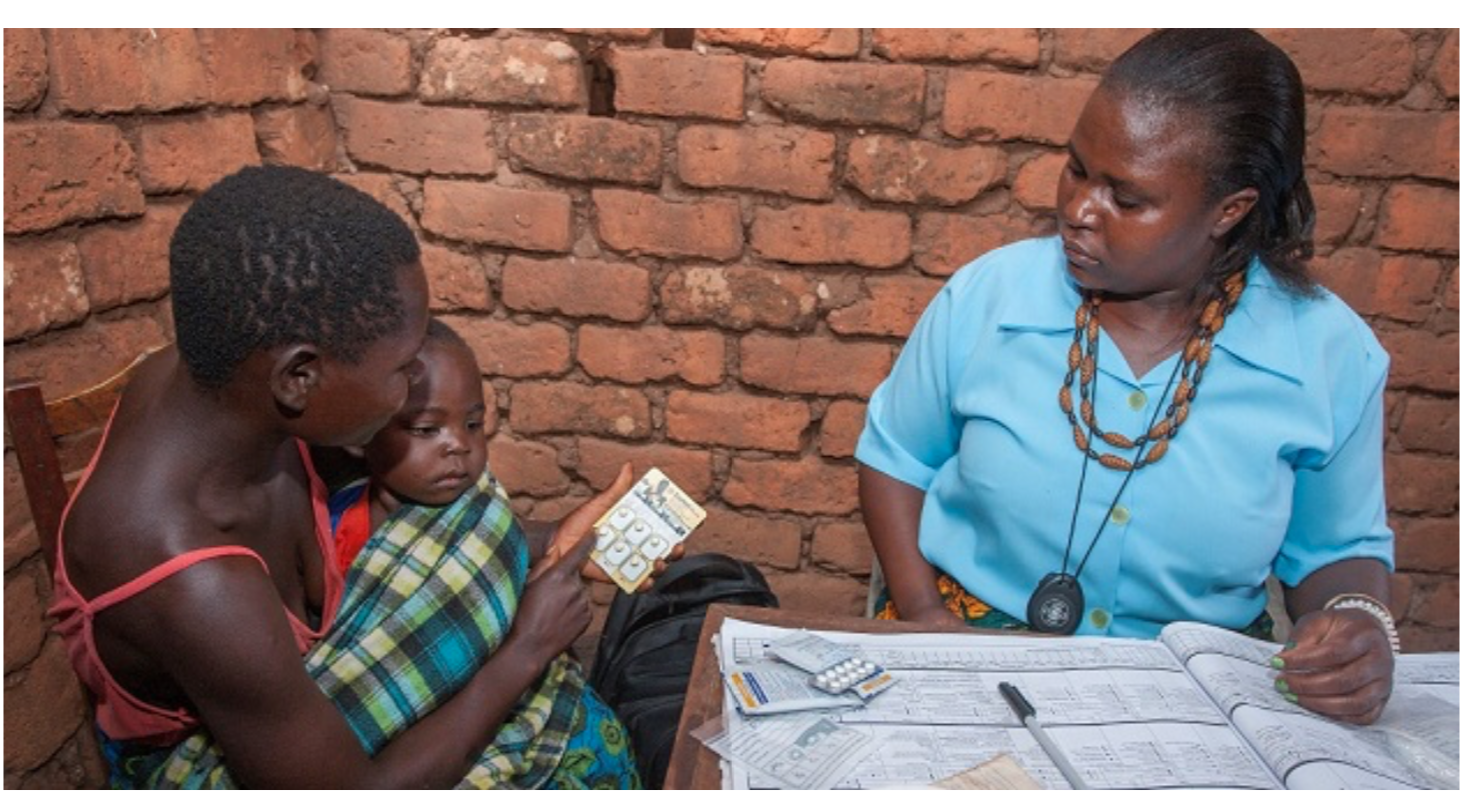
Increased health funding in Malawi could prevent 100,000 deaths – study
Research conducted by the National Planning Commission (NPC) with the assistance from the African Institute for Development Policy (AFIDEP) and the Copenhagen consensus centre has revealed that significantly increasing financial investment in the health sector could...
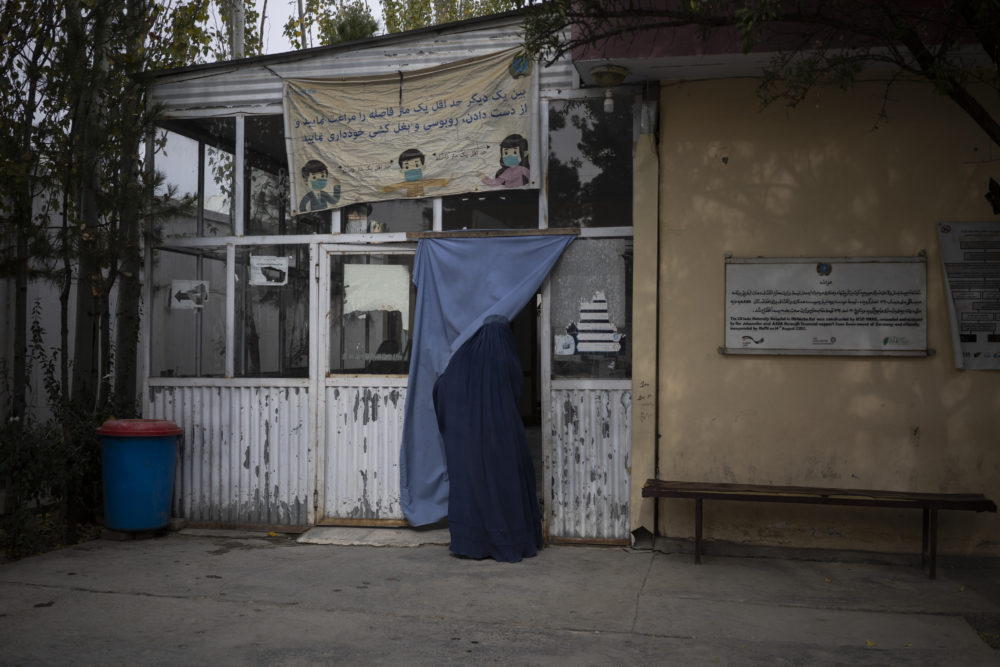
Afghanistan health system receives international support amid crisis
Afghanistan is facing a severe crisis in its healthcare sector as the country remains conflict-affected. To boost life-saving support and keep the healthcare system on its feet, it has recently received UDS 45 million from the United Nations' Central Emergency...
Nepal expanded health services in villages
Universal health coverage can be reached when all people can access quality health services. Nepal allocated the budget to establish new health centers, aiming to increase access to health care for the people living in the remote villages. To read more, please click...
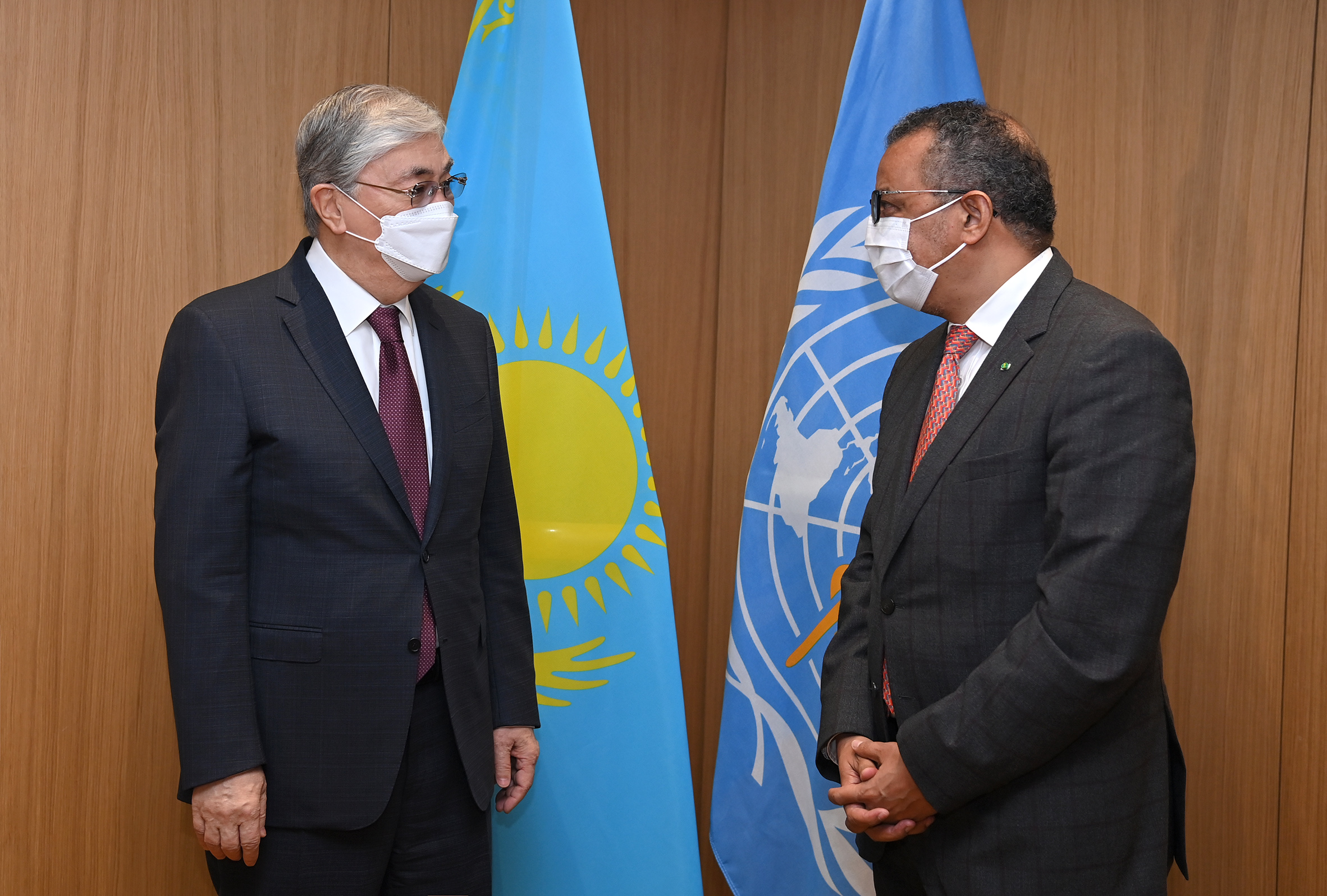
President of Kazakhstan met with WHO Director General and proposed promoting PHC together with universal health coverage
President of Kazakhstan Kassym-Jomart Tokayev had an official visit to the Swiss Confederation and met with the Director General of the World Health Organization Tedros Adhanom Ghebreyesus November 29, 2021. During the meeting, the Head of state described measures...
Ensuring universal access to primary health care in Oman
This case study focuses primarily on how Oman used various strategies for improving access to and quality of their primary health care system thus contributing to universal health care. The focus on primary health care as the fundamental tool to advance the health of...
Oman’s health care system increasingly ready to meet the population’s needs
This article provides an assessment of the cost of the public health care sector in Oman. Costs are increasing steadily as the country has a universal health care system continues to expand free primary health care to Omanis and subsidized care for the foreign...
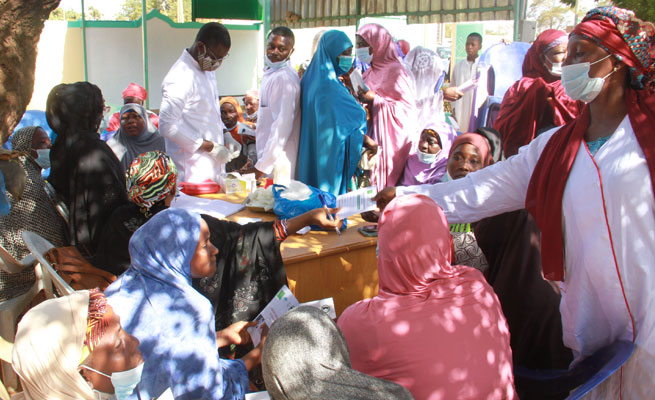
Diabetes in Niger: A plea for access to care
" Access to care to fight diabetes ", this is the theme chosen for the 2021 commemoration of the International Diabetes Day. In Niamey, the International Diabetes Federation (IDF) once again sacrificed itself to tradition, this time placing the...
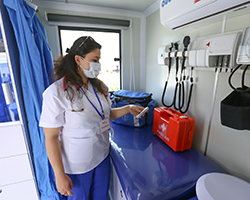
Azerbaijan strengthens health workforce to develop national primary health care
According to WHO country page for Azerbaijan, a new pilot project demonstrated that when primary health care prioritizes the training of health workers and the empowerment of local communities to take charge of their health, the national health system can become...
